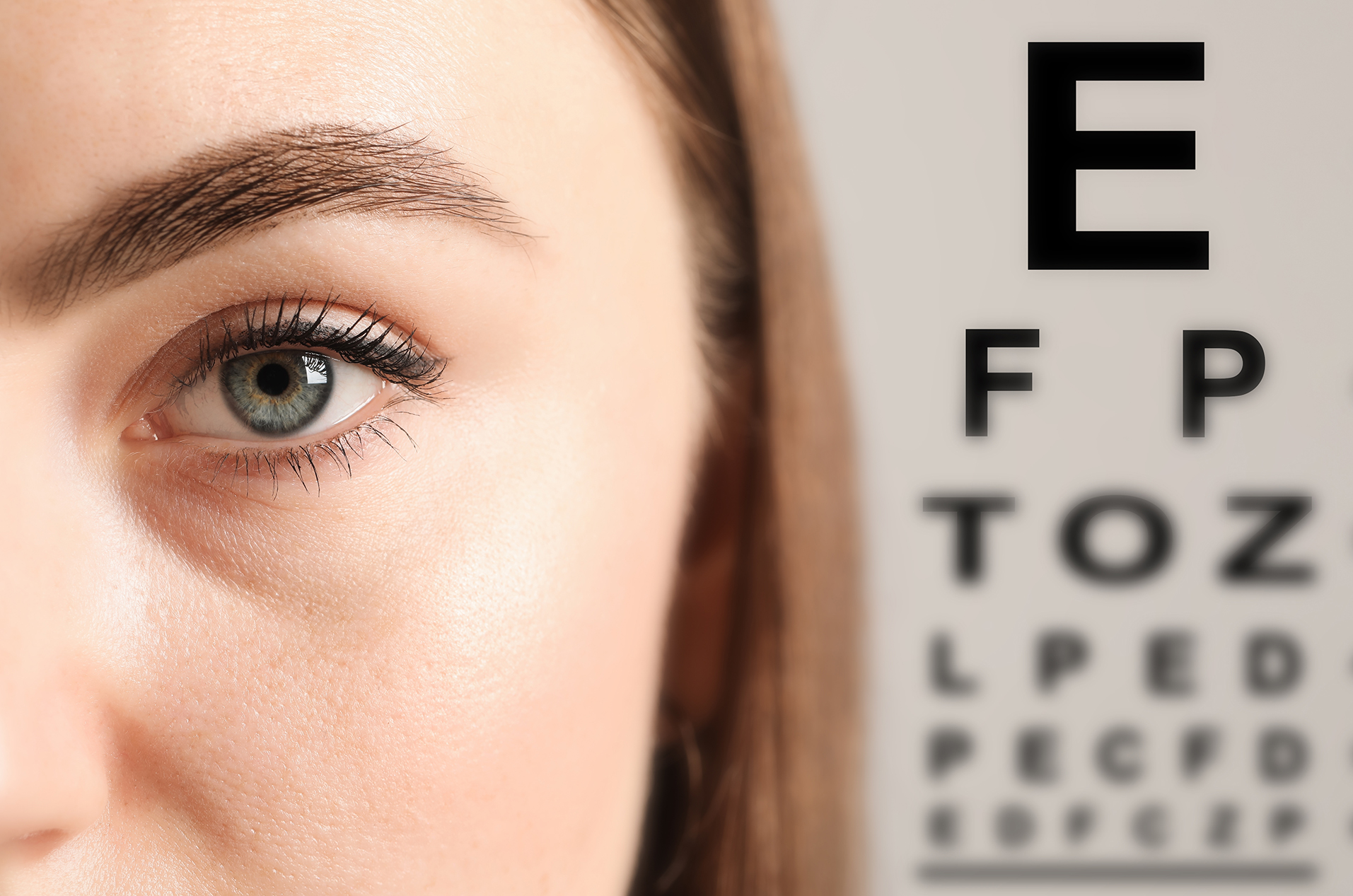When most people think about going to the eye doctor, they usually picture someone squinting at a blurry road sign or holding a book at arm's length. But eye care isn't just for people who already wear glasses or contacts. Seeing an optometrist regularly is an important part of maintaining your overall health, even if your vision seems perfectly fine.
Your Eyes Reveal More Than You Think
Did you know that a routine eye exam can detect early signs of serious health conditions like high blood pressure, diabetes, and even brain tumors? The eyes are the only place in the body where a doctor can directly view blood vessels and nerves, giving optometrists a unique window into your health. Many people first learn about underlying health issues during an eye exam, not at their primary care visit.
Dr. Tyler Thornton, an optometrist with Lexington Medical Eye Care Associates, says, "It's especially important to have an annual dilated eye exam if you have diabetes. The American Diabetic Association recommends an annual eye exam because diabetes can damage your eyes over time."
Vision Changes Can Be Subtle
Many vision problems develop slowly, and you may not realize your eyes are straining to compensate. Frequent headaches, eye fatigue, or trouble focusing can all be signs of uncorrected vision issues, even if you don't notice any obvious blur. Children, especially, often don't know they're having trouble seeing until it affects their learning or behavior.
An optometrist can catch these changes early and help prevent long-term vision problems.
"On the other hand, if you experience a sudden change in your vision, like seeing flashes or a loss of peripheral vision, see an eye doctor immediately. Those can be signs of an emergent condition that needs attention right away," says Dr. Thornton.
Preventing Eye Diseases Is Easier Than Treating Them
Conditions like glaucoma, macular degeneration, and diabetic retinopathy can cause irreversible vision loss, and often have no symptoms in their early stages. Regular eye exams can detect these diseases before they progress, giving you a better chance of preserving your sight with early intervention and treatment.
Your Prescription May Be Outdated
Even if you already wear glasses or contacts, your prescription can change over time. Wearing the wrong prescription can lead to eye strain, discomfort, and even injuries if your vision is not sharp enough for driving or daily tasks. An optometrist can ensure your lenses are giving you the best possible correction and offer updated options like blue light filters or specialty lenses if needed.
It's About More Than Just Glasses
Optometrists also check for eye alignment, depth perception, color vision, and how your eyes work together. They can treat dry eye, eye infections, allergies, and recommend strategies for screen fatigue, which is more common than ever in today's digital world.
Bottom Line: Eye Exams Are for Everyone
Whether you're 8 or 80, you can benefit from regular visits to the optometrist. Experts recommend eye exams every 1–2 years, depending on your age, health history, and risk factors.
"You only get one set of eyes, and keeping them healthy is about more than just seeing clearly. Make eye care a part of your routine health checkups, and your future self will thank you," Dr. Thornton says.

Tyler J. Thornton, OD, Lexington Medical Eye Care Associates






Leave a comment